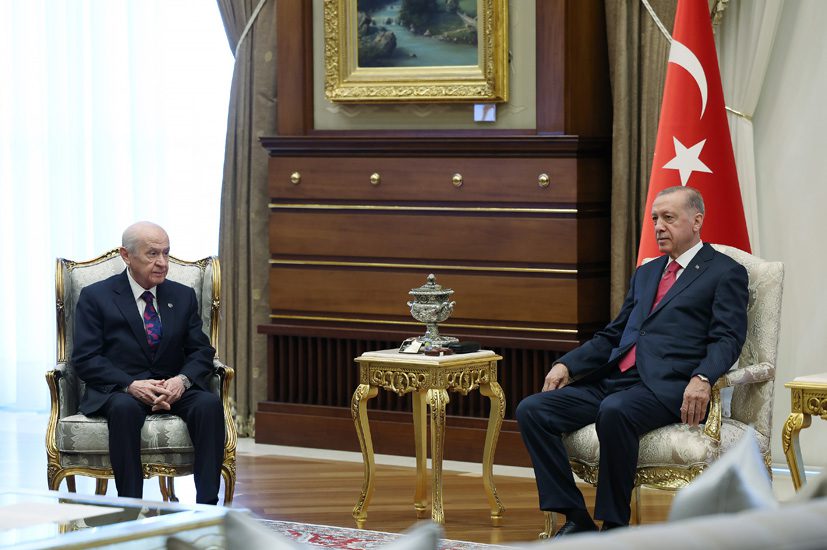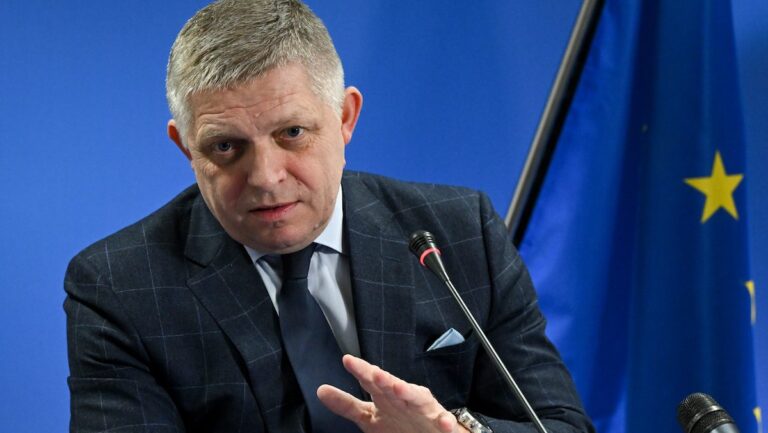Despite being the strongest parliamentary ally to Erdoğan’s ruling AKP in Ankara, the Nationalist Action Party (MHP) is unhappy with the president’s approval of Stockholm’s NATO membership, the Swedish daily Samnytt wrote on Sunday, July 16th. If the MHP were to vote against ratification in October, it could jeopardize Sweden’s entire accession process.
As we wrote last week, President Erdoğan arrived at NATO’s Vilnius Summit with a surprise announcement: he would finally back Sweden’s accession in exchange for continued cooperation in the fight against terrorism, supporting Turkey’s EU membership bid, and—as it was revealed later—banning Quran burnings and pro-Kurdish demonstrations. Although not officially acknowledged as such, the fact that the U.S. approved the long-requested Turkish purchase of F-16 fighter jets might have also been a contributing factor.
Now, even though the parliamentary vote on ratification will not take place until the start of the autumn legislative session in October, and Sweden still has a lot of homework to prove its commitment to the agreement, at least Stockholm can now see a clear path toward NATO membership. That is, if Erdoğan manages to garner enough support in the Grand National Assembly to make good on his promises.
While the president’s Justice and Development Party (AKP) holds the government with its 263 seats, it still relies on the support of 60 MPs of four allied parties (in a confidence-and-supply agreement) to reach a majority in the 600-seat house—50 of whom belong to the nationalist MHP.
In practice, this means that if all the opposition parties vote one way and the MHP defects to their side, the ruling AKP does not have the power to pass any major decision in the Assembly, including the ratification of Sweden’s NATO membership. And MHP is looking to do just that.
Sweden is “a country that threatens our national existence, embraces bloody terrorist organizations, and tolerates their recruitment in their own capital,” MHP chairman Devlet Bahçeli said in a recent press statement, arguing that as long as Sweden is unwilling to extradite Kurdish activists convicted of terrorism in Turkey, his party is unable to support the NATO membership, regardless of Erdoğan’s agreement.
The MHP leader also believes that neither the promise of F-16s nor leaning on Sweden’s help achieving EU membership are sufficient reasons to overlook Stockholm’s “failure” to appropriately tackle the Kurdish problem and ratify its NATO accession.
On Thursday, July 13th, President Erdoğan met Bahçeli to discuss his party’s opposition, but the result of the meeting is unclear. Considering that the parliament is in recess until October, there is no rush to reach an agreement for now.
Besides, while it is certainly a matter of prestige for the president to maintain the appearance of unity with his allies just a few months after the election, Erdoğan might not even need MHP for the ratification after all. The largest opposition force, the Republican People’s Party (CHP)—which ran on an explicitly pro-Western platform—already announced that it will throw its 130-seat support behind the Swedish membership.
Therefore, while the president will try to avoid an embarrassing fracture within its coalition, it’s not a scenario he can’t afford, and it does not significantly threaten Sweden’s membership. The only real question is whether Erdoğan himself will be satisfied with Stockholm’s progress on his requests by the time Parliament reopens.






